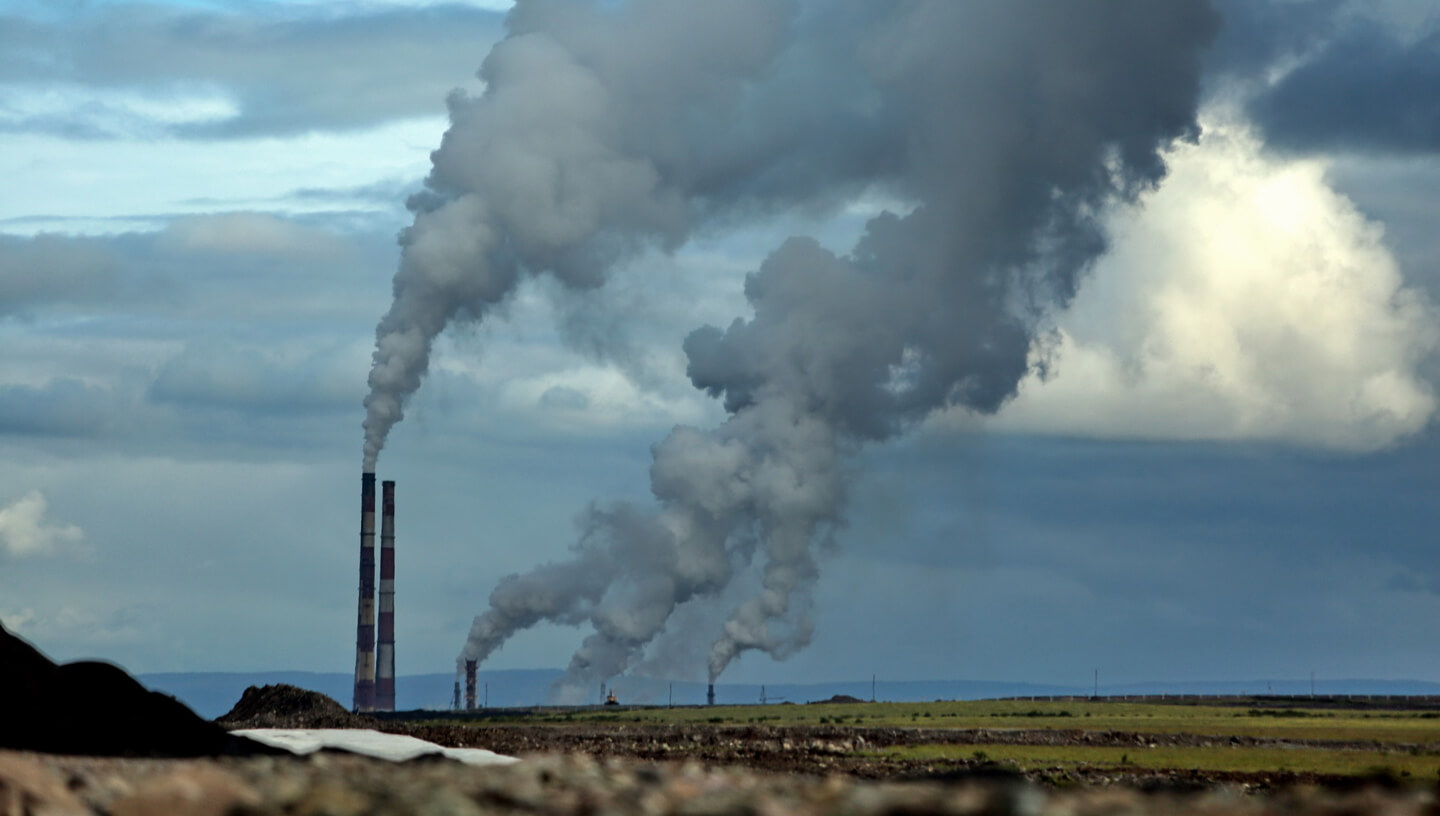15.11.2022
CO₂ capture, use and storage technologies can help decarbonise the world
 Photo: Nornickel Press Service
Photo: Nornickel Press Service
The main cause of global climate change is emissions of greenhouse gases such as carbon dioxide, nitrous oxide and methane. Atmospheric levels of all three gases reached record levels in 2021.
In order to have an impact on global warming, more decarbonisation measures need to be introduced. CCUS (Carbon Capture, Utilisation and Storage) projects, i.e. technologies for CO2 capture, beneficial use and storage, could be one such area. The Energy Transition Centre and ESG Skoltech have published a scoping study on the prospects for CCUS in Russia and globally.
The technology works as follows: first the carbon dioxide is captured during fuel combustion or industrial processes, then the CO2 is transported by ship or pipeline and then used as a resource to create valuable products or services or sent to permanent storage deep underground.
The main environmental benefit of CCUS is its ability to reduce atmospheric CO2 emissions, while fossil fuels continue to be used to fuel the world’s energy consumption.
The authors of the study note that the potential uses of CCUS are very broad and, most importantly, economically viable. For example, the IPCC estimates that achieving global climate goals would be 138% more expensive without deploying these technologies.
The International Energy Agency (IEA) believes the CCUS is the only group of technologies that contributes to both direct emission reductions in key sectors and CO2 removal, and achieving net zero will be virtually impossible without it.
The IEA estimates that in order to meet the Paris Agreement goals, which are the main goal of the “Sustainable Development Scenario” (keeping global temperature rise within 1.8 °C and reducing CO2 emissions to less than 10 billion tonnes in 2050 from the current 33 billion tonnes per year), CCUS capacity in industry and power generation is envisaged, capable of capturing 760 million tonnes per year by 2030 and 2.35 gigatonnes per year by 2040.
As far as Russia is concerned, the CCUS industry is just emerging. However, the current climate agenda is encouraging Russian companies to consider this decarbonisation method as well. Reducing the carbon footprint and greening their own product is essential to compete successfully in the energy sector.
Oil and gas companies in particular are showing interest in the technology. The study says that plans to adopt CCUS have already been voiced by businesses. In particular, companies such as Novatek, Gazprom, Gazprom Neft, NMLC, Rosneft and Tatneft have expressed their intentions.
For plans to turn into reality, it will be necessary to move from laboratory projects to real commercial “pilots” within the next 5–10 years. This will only be possible with government support and new regulatory mechanisms for CCUS.
Cover photo: acilo / iStock







































Comments